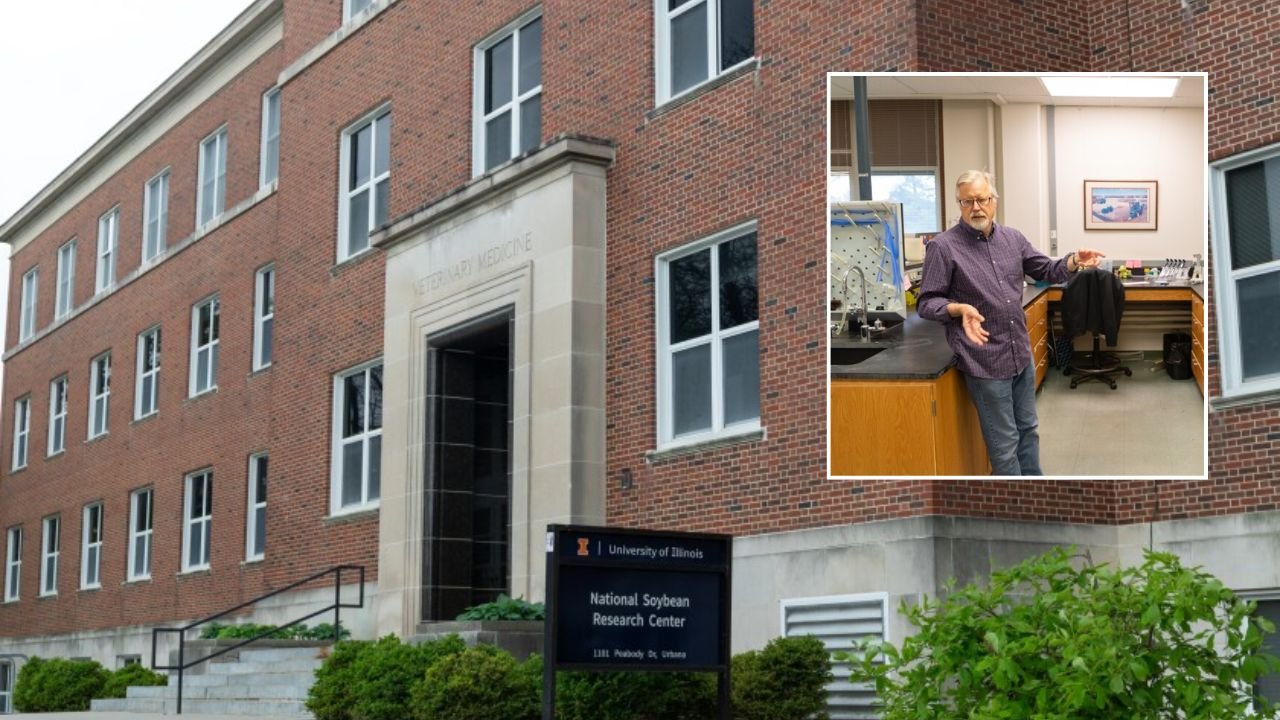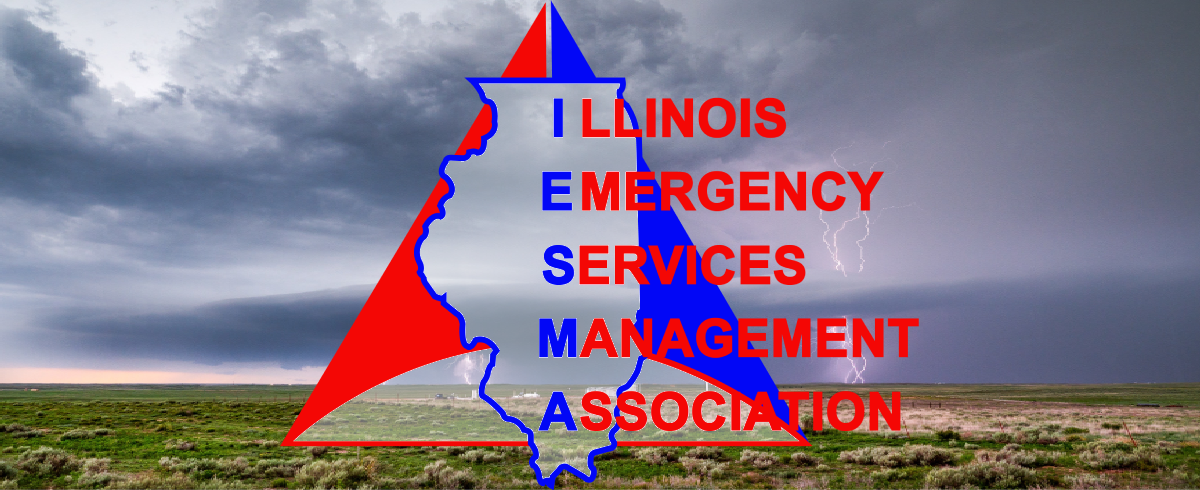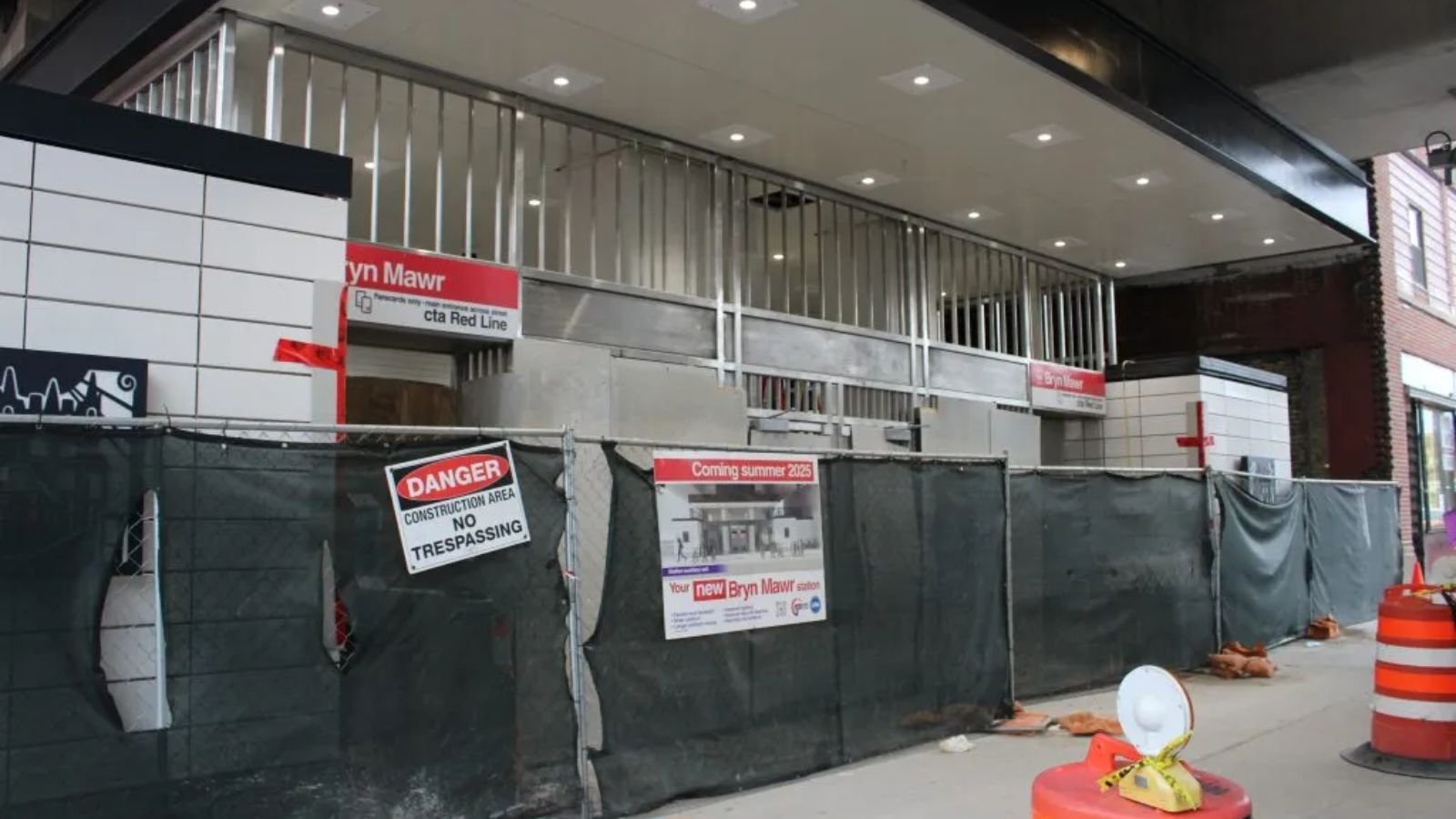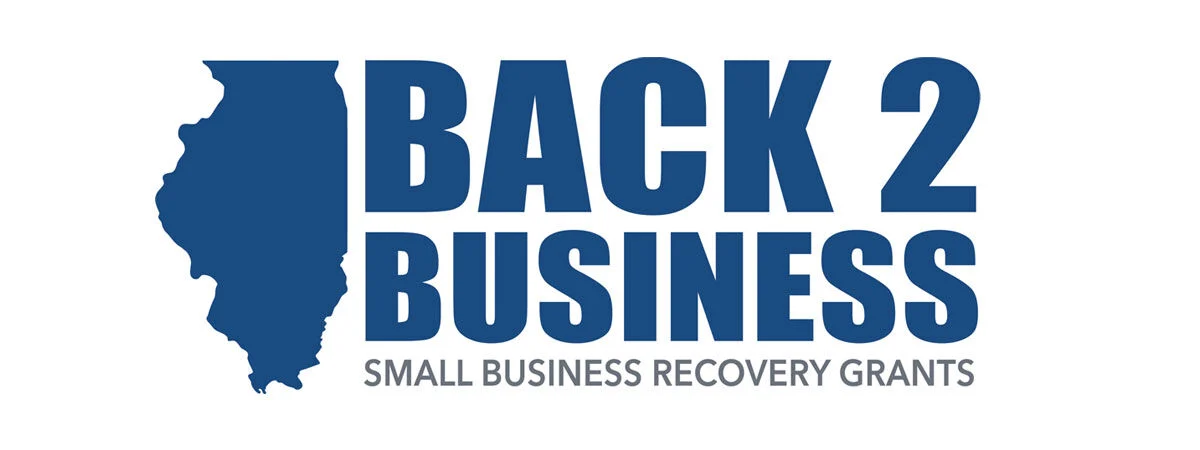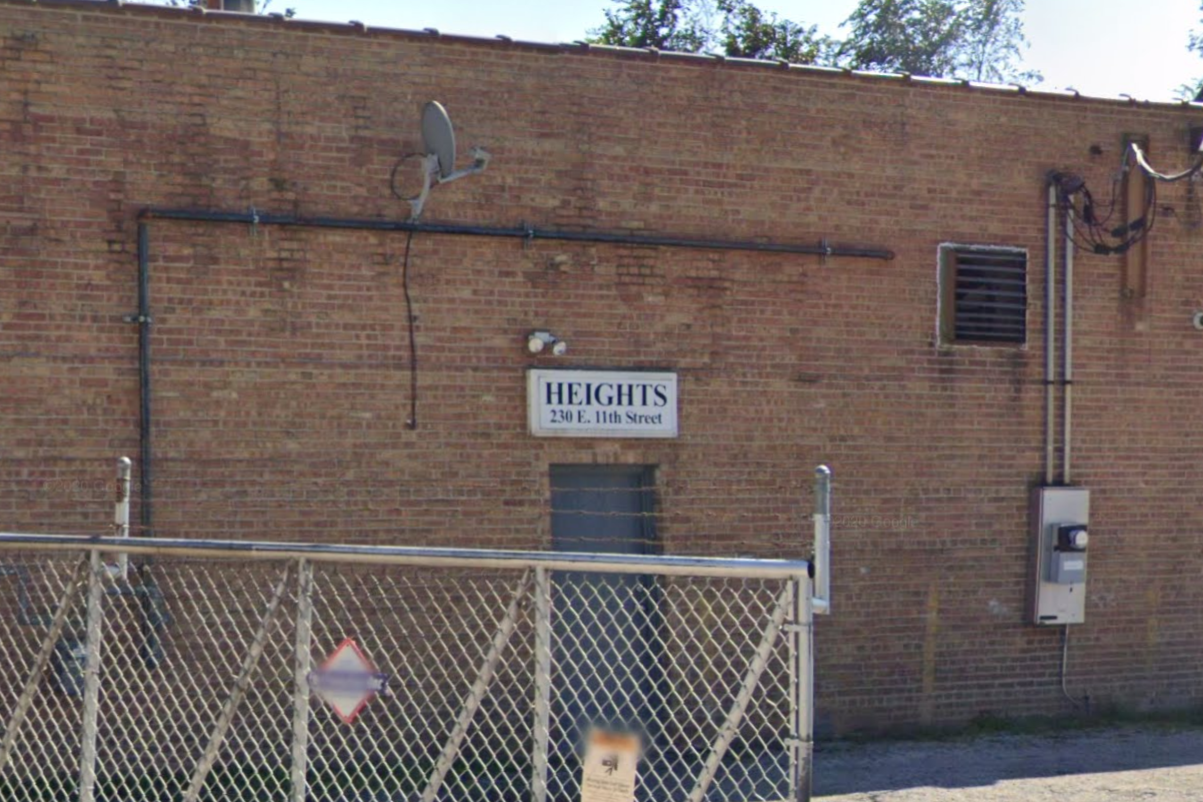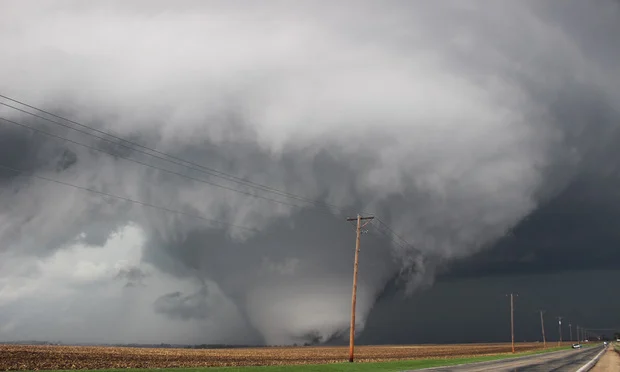CHAMPAIGN — The University of Illinois’ globally recognized Soybean Innovation Lab is facing a major crisis after the Trump administration eliminated its federal funding earlier this year, threatening vital research into food security and agricultural development in Africa.
Federal Funding Pulled, Lab Faces Mass Layoffs
In late January, Peter Goldsmith, director of the Soybean Innovation Lab (SIL), was notified that funding from the U.S. Agency for International Development (USAID) would be cut entirely. Within weeks, he informed his 30-member staff that their jobs were in jeopardy and operations abroad would grind to a halt.
The news struck hard. One team member, Julia Paniago, recalled being in Malawi when the announcement was made:
“We came back the next day… and it was a lot of uncertainty. A lot of people cried,” she told The Hechinger Report.
Vital Work in Africa Put on Hold
The lab had been instrumental in boosting soybean production in African nations like Malawi and Kenya — both as a tool to combat child malnutrition and to foster new export markets for U.S. farmers. Researchers at SIL worked across disciplines like soybean breeding, mechanical processing, and agricultural education.
Soybeans, which are high in protein and oil, aren’t traditionally grown in Malawi. The SIL team had been making progress in changing that — creating scalable models for both local consumption and international trade.

Impact Beyond Illinois: A Global Setback
The lab’s work is part of the Feed the Future initiative launched under President Obama in 2010, aimed at reducing hunger through agricultural innovation. However, all 17 USAID-funded innovation labs except one (at Kansas State) lost support under Trump-era budget slashes.
This jeopardizes not just the future of research but also the livelihoods of African processors who were ramping up production with support from SIL.
Emergency Gift Offers Temporary Lifeline
In April, the lab received a $1 million anonymous donation to continue operating through next spring. But that is only a fraction of the lab’s previous $3.3 million annual budget. While the emergency funds preserved some positions — including that of doctoral researcher Annette Donnelly — the lab still had to cut back on staffing and activity.
“We’re doing research,” Donnelly said. “But we’re also doing a lot of proposal-writing now. That’s taken on a much greater priority.”
Illinois Scientists and Farmers Stand to Lose
The research being lost includes key experiments to develop soybean varieties resistant to rust, a disease hindering African crop yields. Retired U of I professor Brian Diers continues helping part-time — but now volunteers his time due to budget shortages.
“If we can help African agriculture take off and become more productive, that’s eventually going to help their economies — and provide more opportunities for American farmers to export,” Diers noted.
What’s at Stake: Innovation, Equity, and Future Generations
Goldsmith compared the lab’s work to public land-grant university innovations during the Dust Bowl era — work driven not by profit, but by public good.
“That’s where the innovation comes from… now the public land grants still work in U.S. agriculture but also in the developing world,” he said.
But with no stable funding in sight, Goldsmith fears that not only will food security initiatives falter, but the next generation of scientists may turn away from research entirely.
Do you think the U.S. should prioritize funding agricultural research with global impact? Share your thoughts in the comments on ChicagoSuburbanFamily.com.

